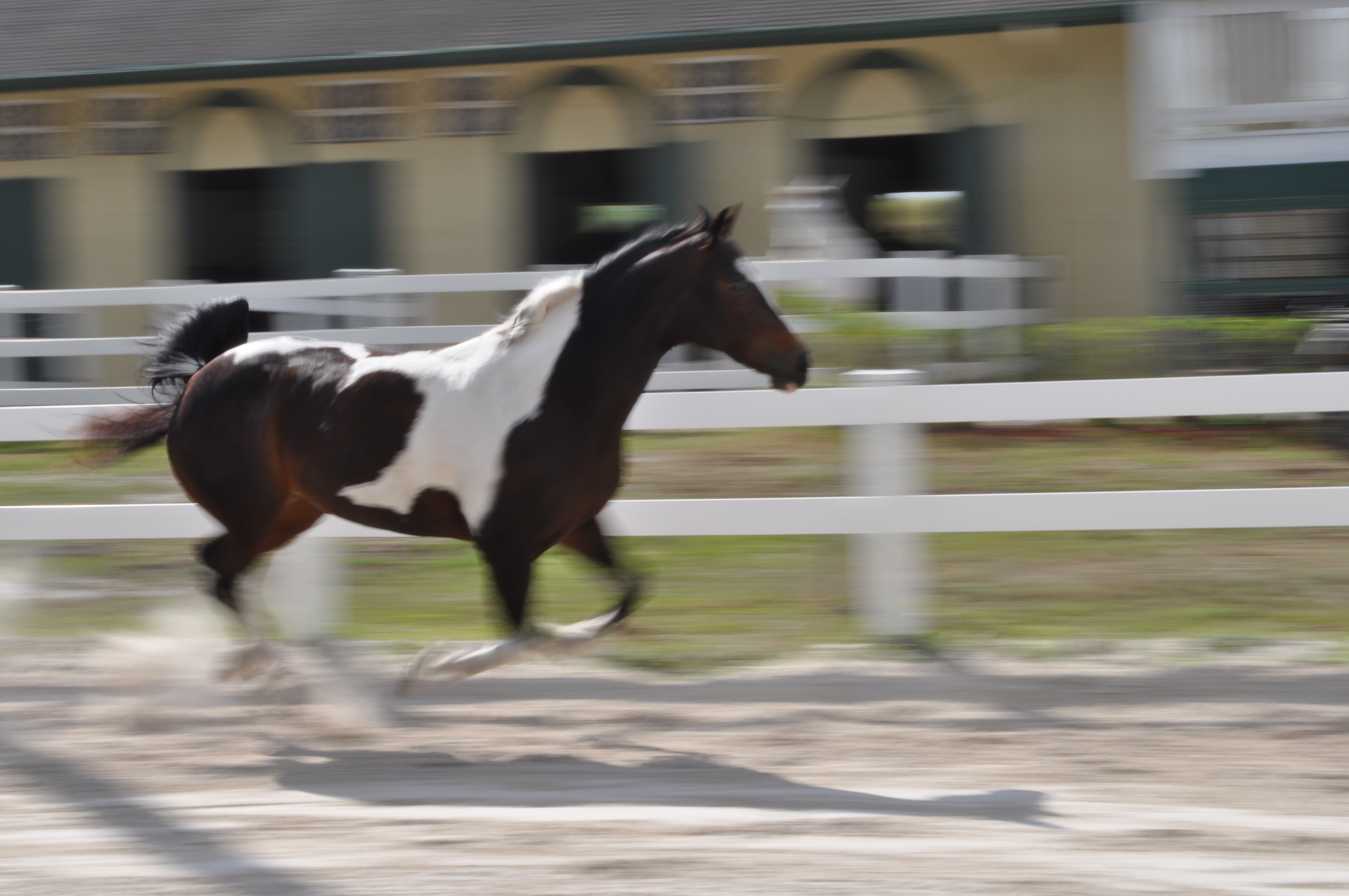I'm making it through the second book of Bach's Well-Tempered Clavier - slowly, but surely.
I skipped to the G major Prelude and Fugue this week, partly because I find it somewhat easier than some of the others that are remaining, but also because this particular set never fails to make me smile. Is it because it's in the particularly sunny key of G major? Or is it something else?
 |
| Image by Nancy Heise, from Wikimedia Commons |
The best way I can think of to describe the prelude is that it brings to my mind unbridled joy. I haven't had a lot of interaction with horses in my life on a personal level but I have always been mesmerized by them, especially when I've seen them running wild out in the pasture or just out in nature. Their energy is powerful and positive, full of strength but also fun. That's the feeling I strive for when playing this particular prelude. The strength comes in the form of the endless fast notes that go back and forth between the right and left hands, sometimes joining one another in a race. The fun comes in the contrasting eighth notes that play off the faster sixteenths, giving our wild horses a bit of a dance as they frolic and buck, trying to out-do one another's antics. At the end one horse succeeds with a mad dash to the end.
After their moment of unbridled joy, the horses are brought back into the ring and readied for some graceful work when it comes time for the fugue. Although it's wonderful to watch them wild in the fields, I find something incredibly meditative and awesome about watching a horse and its rider working together to produce the graceful, calculated but artful steps they can perform. Each hoof strikes the ground in such a calculated way and it can create an even rhythm that could be put up to the test of any metronome. For me, the faster notes in this fugue represent those even but gentle hoof strikes that need to keep the rider steady and unwavering in order to win the blue ribbon in the end. But true to the nature of most horses, the one in this fugue can't help but show a bit of his personality in the end - he sneaks in just a little bit of that unbridled joy at the very end of the fugue, perhaps recalling the playfulness he just experienced out in the fields.
And P.S. - I've now officially done half of the preludes and fugues! I think that deserves a cookie, ice cream, or something.
Tweet

Love it! You are such an inspiration. I love watching your hands, you are so relaxed. I think of you often when I practice difficult passages, it helps me relax my hands instead of gripping the flute for dear life. Speaking of playing, do you know if prelude in C is available on line somewhere? I would love to learn it but don't want to buy the whole book since I hardly ever play piano anymore?
ReplyDeleteThank you, Olya! Sometimes I'm amazed that anyone will even listen but it's a fun project I started a while back and am determined to finish someday.
DeleteAnd yes, you can get all the preludes and fugues in book I and lots of other great music at:
http://imslp.org/wiki/Das_wohltemperierte_Klavier_I,_BWV_846-869_(Bach,_Johann_Sebastian)
If you want the C major one from book II there's a link at the top of the page to get to that second volume.
Have fun learning it!
-Erica
thank you so much!
Delete